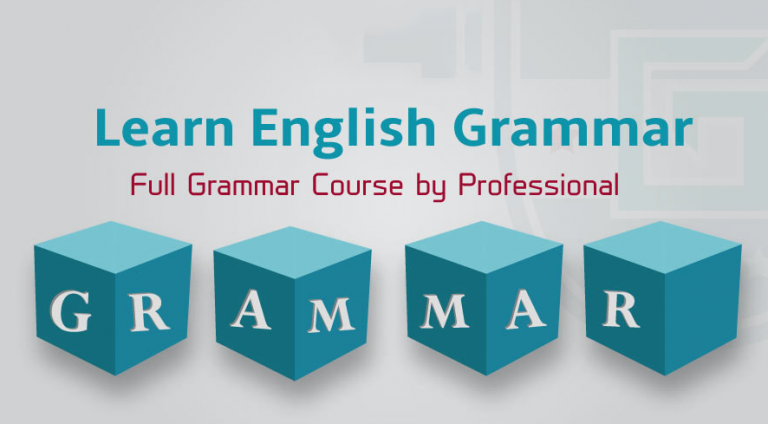English Grammar Course: Definition & Types
In the Basic English grammar course, nouns refer to persons, animals, places, things, ideas, or events, etc. Nouns include most…

In the Basic English grammar course, nouns refer to persons, animals, places, things, ideas, or events, etc. Nouns include most…
End of content
End of content